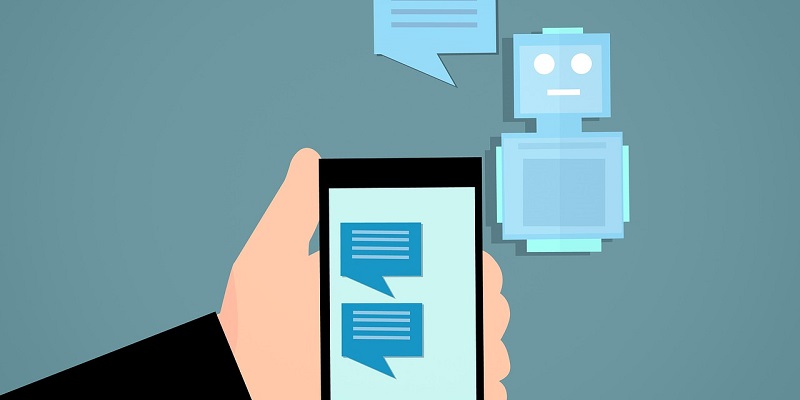In recent years, chatbots have become increasingly popular in the customer service industry. These automated tools have transformed the way businesses interact with customers, providing efficient, cost-effective, and personalized service. However, with technology advancing at a rapid pace, there is a growing disparity between AI and human-led conversation. In this article, we explore the potential of conversational AI and the hype surrounding OpenAI’s ChatGPT and its successor, GPT-4.
The popularity of live chat options for customer service
Live chat options, operated by human agents, remain popular among customers. In fact, over one-third of consumers consider live chat their first choice when reaching out to a brand. This preference for human-chat far outweighs the number of those choosing to use chatbots in the first instance, and highlights the current disparity between AI and human-led conversation.
The disparity between AI and human-led conversation
While chatbots have proven to be useful in resolving simple queries, they often fail to match the level of human interaction when handling more complex concerns. Conversational AI goes a long way towards making interactions more effective, but first, customers must give the bots a second chance, which is no small ask.
The Potential of Conversational AI
Conversational AI has the potential to revolutionize customer experience (CX) by providing personalized interactions and resolving queries more efficiently. Natural Language Understanding (NLU) employs deep learning to identify sentiment, topics, and intent, enabling chatbots to understand and respond to customers’ needs realistically.
The Hype Surrounding OpenAI’s ChatGPT and GPT-4
OpenAI’s ChatGPT and its successor GPT-4 are set to change the conversational AI landscape. The hype around these AI-powered chatbots presents an opportunity to rewrite the narrative around conversational AI. ChatGPT claims to deliver near-human interactions with customers. However, the race is on to achieve true human-like AI capability, and there are still many challenges to overcome before AI can match human-led conversation.
Utilization of NLU in conversational AI
NLU is the backbone of conversational AI. It helps chatbots understand, interpret, and respond to customer needs. With in-depth knowledge of Natural Language Processing (NLP), chatbots can detect and analyze language patterns, which enables them to respond accurately.
ChatGPT’s Confidence in Improving Customer Experience
I’m sorry but as an AI language model, I don’t have personal opinions or beliefs. However, I can definitely assist you with any grammar or spelling errors you may have in mind in your own statements or sentences if you provide me with the original text.
ChatGPT is one of the most advanced chatbots in the market today, with many AI-based features. Unsurprisingly, ChatGPT believes that it can improve customer experience. Its intelligent algorithms allow it to learn from past interactions, making each interaction more seamless.
The Importance of Training Chatbots on a Diverse Dataset
For chatbots to perform optimally, they need to be trained on a large and diverse dataset of customer interactions. By doing this, chatbots can handle a wide range of customer queries and requests. Training on a diverse dataset will ensure that chatbots can offer personalized interactions with a higher level of accuracy.
The Need for Real-World Progress
Despite ChatGPT’s enthusiasm and self-confidence, there is still a lot of work to be done to make real-world progress. The AI-powered chatbots still have some way to go in matching human-led conversation in terms of accuracy, personalization, and empathy.
While technology has advanced to the point where AI can play a vital role in CX, its human bosses will need to deploy the technology carefully and thoughtfully if they are to meet and exceed ever-greater customer demands with their newest chatbots. Ensuring that chatbots are well-trained on a diverse dataset and that they are capable of offering personalized customer interactions will be crucial for delivering excellent customer experiences. The potential of conversational AI is significant, and by embracing this technology, businesses can improve their operational efficiency, customer loyalty, and bottom line. As chatbots continue to improve, they will become even more central to the future of customer service.

